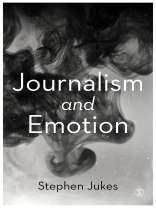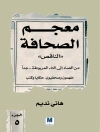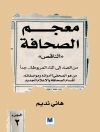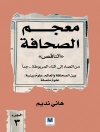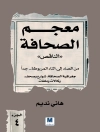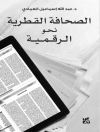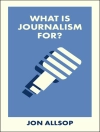‘Indispensable…. for anyone who cares about journalism.’ – Professor Karin Wahl-Jorgensen
How can we understand the complex relationship between journalism and emotion? In a world of live-streamed terror, polarised political debates and fake news, emotion has become central to our understanding of contemporary journalism.
Including interviews with leading journalists throughout, Journalism and Emotion critically explores the impact of this new affective media environment, not just on the practice of journalism, but also the lived experience of journalists themselves.
Bringing together theory and practice, Stephen Jukes explores:
- The history of objectivity and emotion in journalism, from pre-internet to digital.
- The ‘emotionalisation’ of culture in today’s populist media landscape.
- The blurring of boundaries between journalism and social media content.
- The professional practices of journalists working with emotive material.
- The mental health risks to journalists covering traumatic stories.
- The impact on journalists handling graphic user-generated content.
In today’s interactive, interconnected and participatory media environment, there is more emotive content being produced and shared than ever before. Journalism and Emotion helps you make sense of this, explaining how emotion is mobilised to influence public opinion, and how journalists themselves work with and through emotional material.
Inhoudsopgave
Introduction: How Emotion Lies at the Heart of Today′s New and Journalism Practice
Chapter 1: Objectivity and Emotion
Chapter 2: Journalism and the Rise of Emotion in a Post-truth Society
Chapter 3: Journalism Practice and Affect
Chapter 4: Interviewing and Emotion
Chapter 5: The Herd Instinct
Chapter 6: Journalism and Trauma
Chapter 7: Journalists and User-generated Content
Conclusion: The Taboo has been Broken, What Next?
Over de auteur
Stephen Jukes is Professor of Journalism in the Faculty of Media & Communication at Bournemouth University. He worked in Europe, the Middle East and the Americas as a foreign correspondent and Global Head of News for Reuters before moving into the academic world in 2005. His academic research focuses on areas of objectivity and emotion in news with an emphasis on affect, trauma and conflict journalism. He works with the Salzburg Academy on Media and Global Change, chairs the Dart Centre for Journalism & Trauma in Europe and is a trustee of the Institute for War & Peace Reporting.
